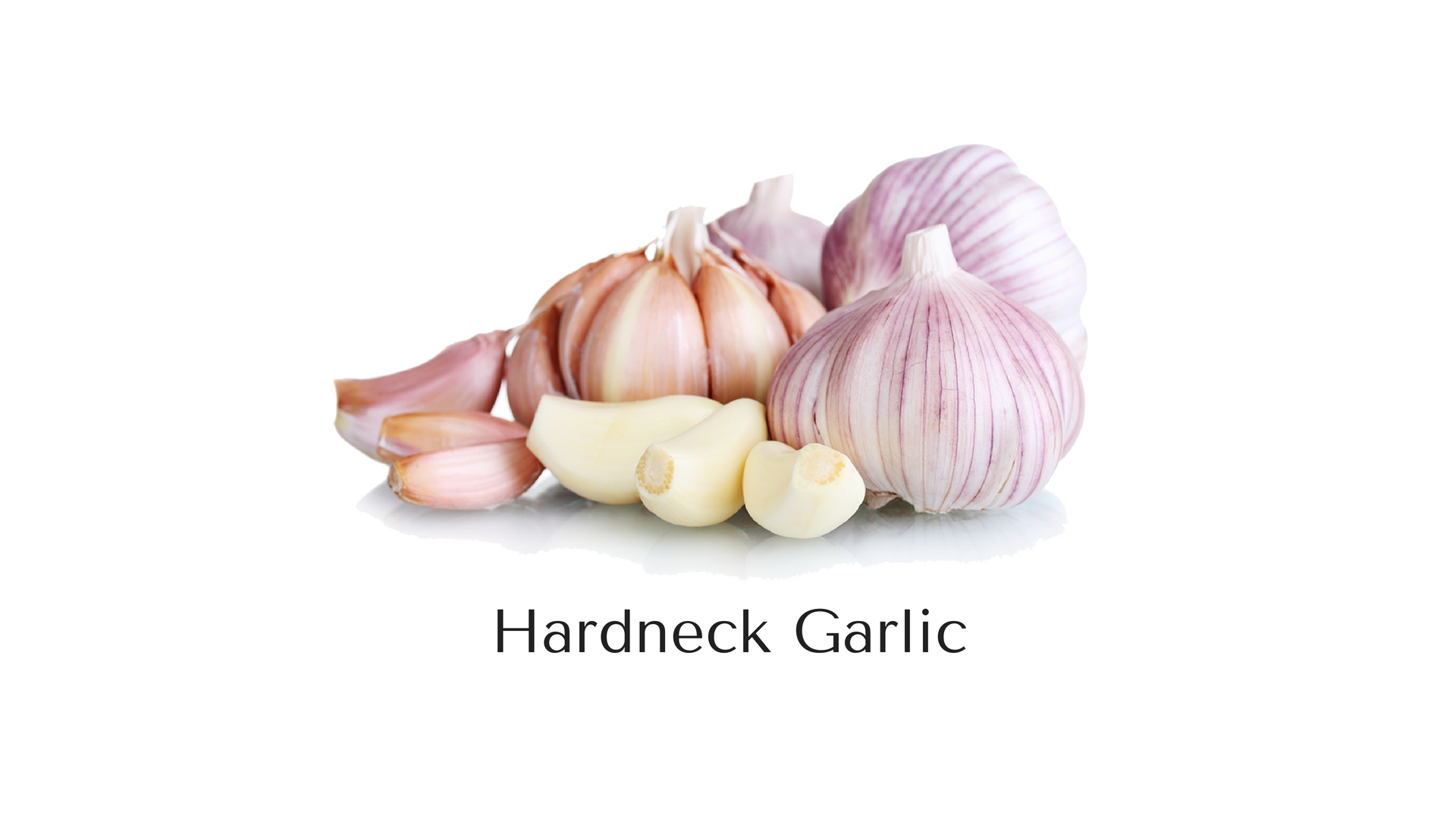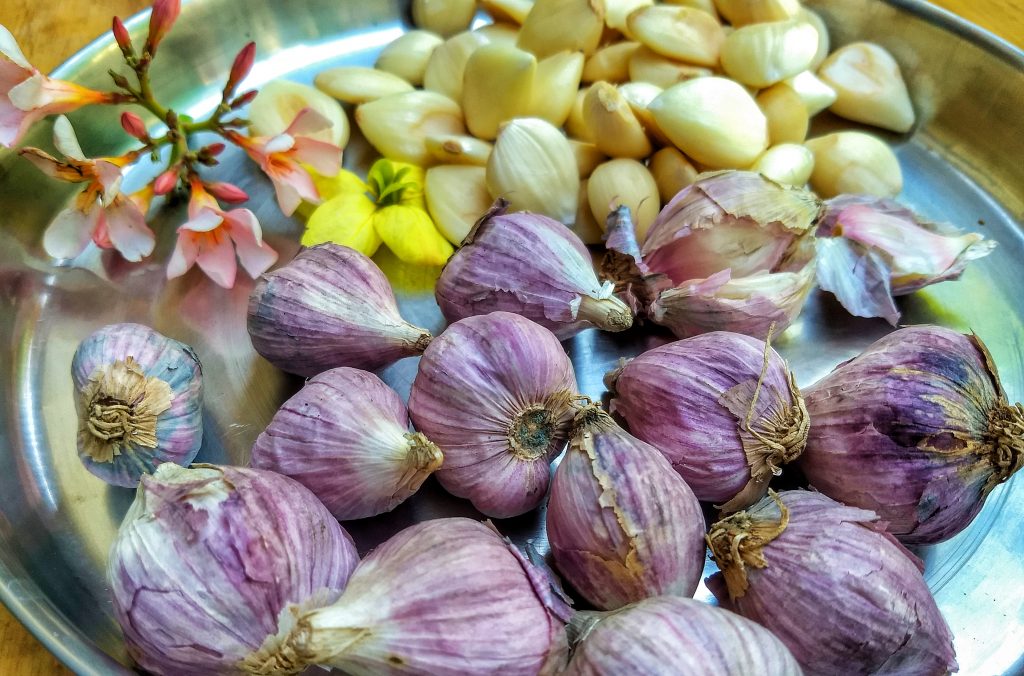
Hello, health enthusiasts! 👋
Today, we’re going to embark on a journey to discover the wonders of a lesser-known but incredibly beneficial fruit – Falsa (Grewia Asiatica). This small fruit is a powerhouse of nutrients and offers a plethora of health benefits. Whether you’re curious about the benefits of Falsa juice, wondering about the edibility of Falsa seeds, or interested in its role in a keto diet, we’ve got you covered. So, buckle up and let’s dive in! 🏊♀️
[ez-toc]
🍇 What is Falsa?
Falsa, also known as Grewia Asiatica, is a delicious fruit native to the Indian subcontinent and Southeast Asia. It’s small in size but packed with flavor and nutrients. This fruit is often enjoyed fresh, but it’s also commonly used to make refreshing beverages, jams, and desserts. 🍹🍨
📊 Nutritional Profile of Falsa
Falsa is a nutritional powerhouse! 💪 It’s rich in vitamins and minerals, including Vitamin C, calcium, and iron. Plus, it’s a good source of dietary fiber, which aids digestion and keeps you feeling full. But that’s not all! Falsa is also packed with antioxidants, which help protect your body from harmful free radicals.
Here’s a quick look at the nutritional profile of Falsa per 100g:
- Calories: 43 kcal
- Protein: 1.6 g
- Fat: 0.4 g
- Carbohydrates: 9.8 g
- Fiber: 1.1 g
- Vitamin C: 27 mg
- Calcium: 38 mg
- Iron: 1.6 mg
💪 Top 10 Health Benefits of Falsa
Falsa is more than just a tasty fruit—it’s also incredibly beneficial for your health. Here are the top 10 health benefits of Falsa:
- Boosts Immunity: Thanks to its high Vitamin C content, Falsa can help strengthen your immune system and ward off illnesses. 🛡️
- Aids Digestion: The dietary fiber in Falsa aids digestion and can help prevent constipation. 🚀
- Improves Skin Health: Falsa is rich in antioxidants, which can help improve your skin’s health and give it a natural glow. ✨
- Supports Weight Loss: Low in calories and high in fiber, Falsa can be a great addition to a weight loss diet. ⚖️
- Promotes Heart Health: Falsa is low in fat and high in dietary fiber, which can help maintain healthy cholesterol levels and promote heart health. ❤️
- Enhances Eye Health: Falsa is a good source of Vitamin A, which is essential for maintaining good eye health. 👀
- Boosts Energy Levels: Falsa is a good source of natural sugars, providing a quick energy boost when needed. 💥
- Supports Bone Health: Falsa is rich in calcium, which is essential for strong and healthy bones. 💪
- Improves Mental Health: Falsa contains certain nutrients that can help improve brain function and mental health. 🧠
- Promotes Healthy Hair: The vitamins and minerals in Falsa can help promote healthy, shiny hair. 💇♀️
🥤 Falsa Juice: A Refreshing and Nutritious Drink
Falsa juice is a popular summer drink in many parts of the world. It’s not only refreshing but also packed with nutrients. Plus, it’s super easy to make! Just blend Falsa fruits with a bit of water and sugar, strain the mixture, and voila—you’ve got yourself a glass of nutritious and delicious Falsa juice. 🍹
🍹 Quench Your Thirst with Our Phalsa Sharbat 🍹
After reading about the refreshing Falsa juice, are you tempted to try some? We’ve got you covered! At Masala Monk, we offer a delicious Phalsa Sharbat that’s ready to drink. Made from fresh Falsa fruits, our sharbat captures the tangy-sweet flavor of Falsa in a bottle. Just mix it with water, and you have a refreshing drink ready in seconds. It’s the perfect beverage to cool down on a hot summer day. Plus, it’s packed with the health benefits of Falsa, making it a tasty and healthy choice. 🌞🍹
🌰 Can We Eat Falsa Seeds?
Yes, Falsa seeds are edible and can be consumed. However, they’re quite small and are usually eaten along with the fruit. So, the next time you enjoy a Falsa, don’t worry about the seeds—they’re perfectly safe to eat. 👍
🥗 Falsa and Keto Diet: A Good Match?
If you’re on a keto diet and wondering if you can enjoy Falsa, we’ve got good news! Falsa is low in carbs, making it a keto-friendly fruit. So, you can definitely include Falsa in your keto diet. 🎉
🥘 Spice Up Your Meals with Our Phalsa Chutney 🥘
Looking for a unique way to incorporate Falsa into your meals? Try our Phalsa Chutney! This tangy and spicy chutney is a great way to add a burst of flavor to your dishes. Made with fresh Falsa fruits, it combines the tanginess of the fruit with the heat of spices, resulting in a condiment that’s sure to delight your taste buds. Use it as a dip, spread it on sandwiches, or mix it with your meals – the possibilities are endless. It’s not just delicious but also packed with the health benefits of Falsa. So, why wait? Spice up your meals with our Phalsa Chutney today! 🌶️🍽️
💆♀️ Falsa for Skin: A Natural Beauty Booster
Did you know that Falsa can do wonders for your skin? Thanks to its antioxidant properties, Falsa can help fight skin aging, reduce acne, and give your skin a healthy glow. So, why not give Falsa juice a try for your skin? Your skin will thank you! 💖
⚖️ Falsa for Weight Loss: A Low-Calorie Snack
Looking for a low-calorie snack that’s also tasty and nutritious? Look no further than Falsa! This fruit is low in calories and high in fiber, making it a perfect snack for weight loss. Plus, it’s delicious—what more could you ask for? 🙌
🤰 Falsa in Pregnancy: Is It Safe?
Yes, Falsa is generally safe to consume during pregnancy. However, it’s always best to consult with your healthcare provider before making any changes to your diet during pregnancy. 👩⚕️
🍇 Falsa and Diabetes: A Sweet Solution? 🍇
Are you a diabetic who’s been eyeing the delicious Falsa fruit? Well, you’re in luck! Falsa is low in sugar and high in dietary fiber, making it a suitable fruit for people with diabetes. Fiber helps control blood sugar levels by slowing down the absorption of sugar into your bloodstream. However, as with any dietary changes, it’s always best to consult with your healthcare provider first. 👩⚕️
🍹 Falsa Juice for Diarrhea: A Natural Remedy? 🍹
Dealing with diarrhea can be a real downer. But did you know that Falsa juice could help? Falsa is known for its cooling properties and can help soothe your digestive system. Plus, it’s rich in fiber, which can add bulk to your stools and help combat diarrhea. Remember, though, severe or persistent diarrhea requires medical attention, so don’t hesitate to seek help if needed. 🚑
🌞 Falsa Juice on an Empty Stomach: Yay or Nay? 🌞
Starting your day with a glass of Falsa juice on an empty stomach can be a great way to kickstart your digestion and boost your nutrient intake. However, if you have a sensitive stomach or are prone to gastric issues, it might be better to have Falsa juice after a meal. As always, listen to your body and do what feels best for you. 🧘♀️
🍇 Falsa for Constipation: A Natural Laxative? 🍇
If you’re struggling with constipation, Falsa might be just what you need. This fruit is rich in dietary fiber, which can help promote regular bowel movements and relieve constipation. So, the next time you’re feeling a bit backed up, why not reach for some Falsa or a glass of Falsa juice? Your gut will thank you! 🙏
🌱 Falsa Leaves: Are They Useful? 🌱
While Falsa fruit gets all the attention, Falsa leaves shouldn’t be overlooked. In traditional medicine, Falsa leaves have been used for their anti-inflammatory and analgesic properties. They can be used in a poultice to treat skin issues or brewed into tea for a soothing drink. However, more research is needed to fully understand the potential benefits of Falsa leaves. 🍵
🍇 Reminiscing the Good Old Days with Falsa 🍇
Do you remember those hot summer afternoons when the only respite was a glass of chilled juice? Or those family meals where a tangy chutney added a burst of flavor to the simplest of dishes? At Masala Monk, we’re bringing back those cherished memories with our Falsa products.
Our Phalsa Sharbat is a tribute to those carefree summer days. Each sip of this refreshing drink will transport you back to your childhood, when the biggest worry was finishing your homework on time. Made with fresh Falsa fruits, this sharbat is not just a drink, but a bottle full of nostalgia. It’s a reminder of the times when life was simpler, and happiness was found in the smallest of things – like a glass of homemade juice on a hot day. 🍹☀️
Then there’s our Phalsa Chutney, a condiment that’s sure to remind you of family meals filled with laughter and love. This chutney, with its perfect balance of tanginess and spiciness, is reminiscent of the homemade chutneys that no meal could be complete without. It’s not just a condiment, but a celebration of the times when families gathered around the dining table, sharing food, stories, and creating memories. 🍽️👨👩👧👦
At Masala Monk, we believe that food is not just about taste, but also about the memories it evokes. With our Falsa products, we hope to take you on a trip down memory lane, reminding you of the good old days while providing you with a taste that’s hard to forget. So, here’s to reliving those cherished moments with every sip and bite! 🥂🍇
🍇 Falsa in Different Languages: A Fruit of Many Names 🍇
Falsa, a small fruit with a big reputation, is cherished all around India. Its distinctive flavor and health benefits have earned it a place in many cultures, each with its own unique name for this delightful fruit. Let’s embark on a linguistic adventure and explore the various names for Falsa across the country:
- English: In English-speaking regions, Falsa is often referred to as the ‘Indian Sherbet Berry’ or simply ‘Sherbet Berry’. 🇬🇧🍇
- Hindi (हिंदी): In India, where the fruit is widely enjoyed, it’s known as ‘Falsa’ (फालसा) or ‘Phalsa’ (फालसा). 🇮🇳🍇
- Bengali (বাংলা): In the Bengali language, Falsa is called ‘Folsha’ (ফলসা). 🇧🇩🍇
- Marathi (मराठी): In the western Indian state of Maharashtra, the fruit is referred to as ‘Phalsa’ (फळस). 🇮🇳🍇
- Latin: The scientific name for the Falsa plant is ‘Grewia Asiatica’. 🧪🍇
Regardless of the name, the charm of this small yet potent fruit is undeniable. Whether you’re savoring a refreshing glass of Falsa juice or enjoying the fruit in its natural form, Falsa is a delight that transcends linguistic boundaries. So, the next time you find yourself in a foreign country, don’t forget to ask for some ‘Falsa’… or ‘Sherbet Berry’… or ‘Phalsa’… or… well, you get the idea! 🌍🍇🌟
Here’s a fun fact to remember: In some regions, Falsa is also known as the ‘Cooling Pearl’ due to its refreshing properties. So, no matter where you are, remember to cool off with some delicious Falsa! 🌞🍹🍇
🍽️ Culinary Uses of Falsa
Falsa is not just a fruit; it’s a culinary marvel that can transform ordinary dishes into extraordinary delights. Its unique flavor profile and health benefits make it a versatile ingredient in a wide array of culinary creations. Let’s dive into the gastronomic world of Falsa and explore its various uses:
- Fresh Falsa (फालसा): The simplest way to enjoy Falsa is to consume it fresh. Just wash the berries, sprinkle a pinch of salt or black salt, and relish the tangy-sweet flavor. It’s a healthy snack that’s packed with nutrients and can be enjoyed anytime, anywhere. 🍇🥗
- Falsa Juice (फालसा जूस): Falsa juice, also known as Falsa sherbet, is a refreshing beverage that’s perfect for beating the summer heat. It’s easy to prepare – just blend the fruits with some water, strain the mixture, and add sugar or honey to taste. For an extra kick, add a dash of black salt and a squeeze of lemon. Check out this Falsa Juice (Sherbet) Recipe or this Indian Berry Juice Recipe for a step-by-step guide. 🍹☀️
- Falsa Jam (फालसा जैम): Transform Falsa fruits into a delicious jam that can be spread on your morning toast or used as a filling for pastries. The process involves boiling the fruits with sugar and pectin until it reaches a jam-like consistency. The result is a sweet and tangy spread that’s sure to delight your taste buds. 🍞🍯
- Falsa Dessert: Falsa can be used to create a variety of desserts. From Falsa ice cream to Falsa cheesecake, the possibilities are endless. The fruit’s unique flavor adds a refreshing twist to traditional desserts. 🍨🍰
- Falsa Salsa (फालसा सालसा): For a unique culinary experiment, try making a Falsa fruit salsa. This can be a delightful twist on the classic dish. Simply substitute Falsa for other fruits in your favorite salsa recipes. The tangy flavor of Falsa pairs well with the spicy and savory flavors of traditional salsa. 🥗🌶️
- Falsa in Cooking: Falsa can be incorporated into various dishes for its unique flavor. Try adding it to salads for a burst of tanginess, blend it into smoothies for a nutrient boost, or incorporate it into baking recipes for a hint of fruitiness. The culinary applications of Falsa are limited only by your imagination. 🥘🍲
🎁 Conclusion
Falsa is a small fruit with big benefits. Its rich nutritional profile and numerous health benefits make it a must-have in your diet. Whether you enjoy it fresh, as a juice, or in your favorite recipes, Falsa is a delicious and healthy choice. So, the next time you’re at the grocery store, don’t forget to pick up some Falsa fruits. Your body will thank you! 🙏
Remember, while Falsa is a healthy fruit, it’s important to consume it as part of a balanced diet. And as always, if you have any health concerns, it’s best to consult with a healthcare provider before making any changes to your diet. Stay healthy, stay happy! 🌈💖
Do you have any favorite Falsa recipes or ways to enjoy this superfruit? Share them in the comments below. We’d love to hear from you! 👇
That’s all for now, folks! Stay tuned for more exciting health and nutrition content. Until next time, take care and keep striving for a healthier lifestyle! 🌟👋
Disclaimer: The information provided in this article is for educational purposes only and is not intended to replace professional medical advice. Always consult with a healthcare provider before starting any new dietary supplement, especially if you have any medical conditions or are taking medication.















